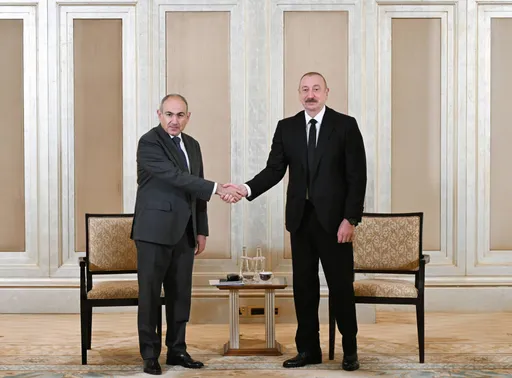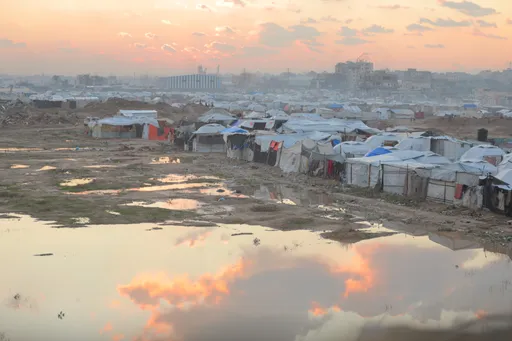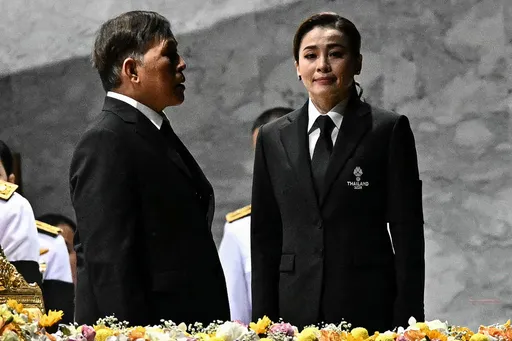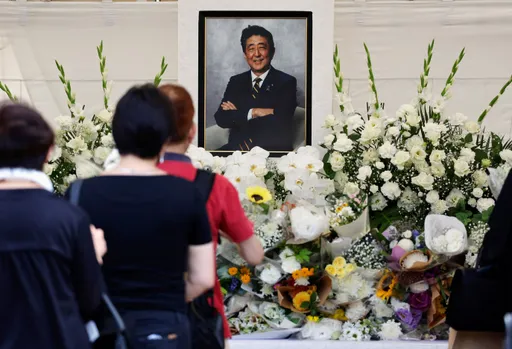The European Union's chief Brexit negotiator, Michel Barnier, told the Irish parliament on Thursday that a deal could be struck with the United Kingdom if the talks are conducted without "aggressivity."
The UK's decision to leave the EU has led to fears that a hard border may return to the island. Ireland is widely considered the EU member with the most to lose when the Brexit materialises.
Seeking to reassure Dublin that EU and Irish interests are shared in divorce talks with the UK, Barnier he was "fully aware" that some EU member states will be more affected than others.
"If we put things in the right order, if we negotiate with mutual respect, without any kind of aggressivity... and if we are open to finding solutions, there is no reason why our strong Europe cannot maintain a strong relationship with the UK," Barnier said.
"Brexit changes the external borders of the EU. I will work with you to avoid a hard border. Nothing in this negotiation should put peace at risk," he added.
Irish government ministers and officials have held over 400 meetings with European counterparts since last June's referendum in the UK.
They have sought to stress the need to avoid the return of a physical barrier or customs controls along the border with Northern Ireland.
The frontier was marked by military checkpoints until a 1998 peace deal ended three decades of violence between Catholic republicans and Protestant loyalists that killed over 3,600 people.
While the republicans sought a united Ireland, loyalists wanted to keep Northern Ireland as part of the UK.
Uncertainty
Irish Prime Minister Enda Kenny has said that any semblance of a return to what could be deemed a hard border could lead to a renewal of the armed conflict.
But Brussels, Dublin and London have yet to clearly explain how the currently invisible border can be maintained after Brexit.
In negotiating guidelines agreed last month, EU leaders said the unique circumstances on the island of Ireland will require flexible and imaginative solutions.
Barnier warned that Brexit will come at a cost to all members and that customs controls are part of the EU's border management to protect the single market.
Kenny said on Thursday that British Prime Minister Theresa May needed to give greater clarity on how she expects to retain the closest possible relationship with the EU after Brexit.
Barnier is scheduled to travel to the border with Northern Ireland with Irish Foreign Minister Charles Flanagan on Friday to visit some food businesses and farmers who are likely to be affected by the Brexit.
























